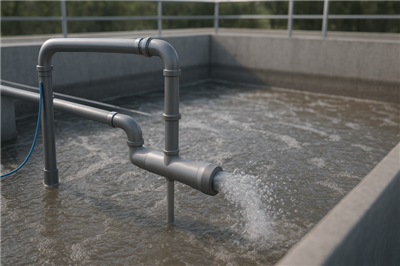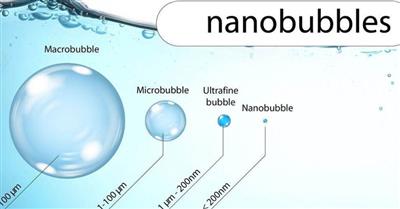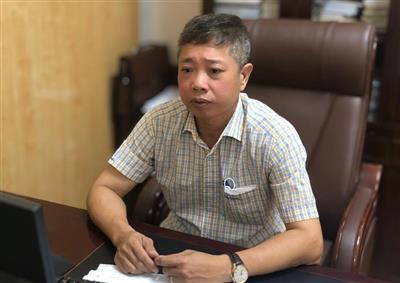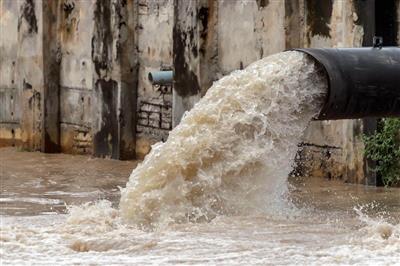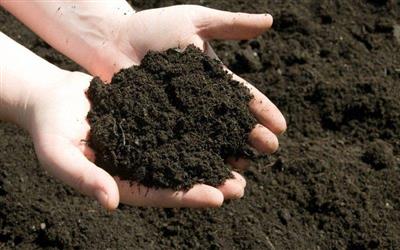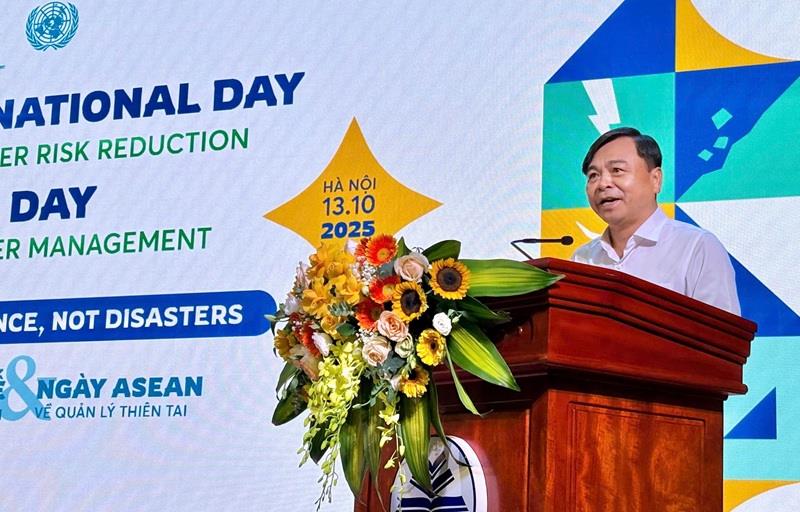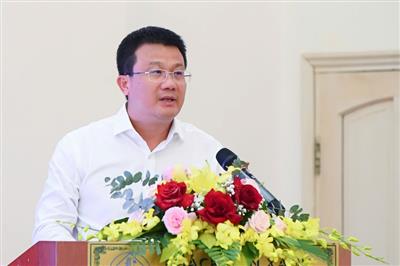
From toilet to tap: US's bold step towards water security
25/04/2024TN&MTCalifornia (US) has taken a significant step in addressing its persistent water supply challenges by approving regulations that allow treated wastewater to be recycled for human consumption. The decision marks a pivotal moment in the state's efforts to secure reliable drinking water sources for its more than 39 million residents, particularly in the face of increasingly frequent and severe droughts.

Singapore and Australia already recycle wastewater for drinking purposes
The new rules, approved by California regulators after over a decade of development, permit water agencies to recycle wastewater and integrate it into the drinking water supply system for homes, schools, and businesses. This move comes as a response to the urgent need for sustainable water solutions, driven by years of extreme droughts that have strained traditional water sources.
Recycling wastewater for drinking purposes is not entirely new in California. Over the years, recycled wastewater has been utilized for various non-potable purposes, such as irrigation for agriculture, making ice for hockey rinks, and snow production at ski resorts. However, direct consumption of recycled wastewater is a groundbreaking shift that reflects a changing attitude towards water reuse.
The rigorous treatment process ensures that the recycled water meets stringent quality standards, surpassing those required for regular drinking water. Despite the initial aversion that some may have towards the concept of drinking recycled water, proponents emphasize the scientific rigor and monitoring processes in place to guarantee its safety and purity.
The adoption of these regulations positions California as the second state in the United States, after Colorado, to permit the recycling of wastewater for drinking purposes. This approach aligns with strategies employed by other countries facing similar water challenges, such as Singapore and Australia, where recycled wastewater has been successfully integrated into the drinking water supply.
To garner public acceptance and support for these initiatives, water agencies are undertaking extensive outreach and education efforts. Open houses and public tours of advanced water purification facilities aim to demystify the recycling process and build trust in the safety and reliability of recycled water. By showcasing the advanced technologies involved and highlighting the environmental benefits of wastewater recycling, authorities hope to alleviate concerns and foster widespread acceptance of recycled water as a vital resource for addressing California's water needs.
With climate change exacerbating drought conditions and threatening water security worldwide, the adoption of innovative solutions like wastewater recycling becomes increasingly imperative. By harnessing technology, stringent regulation, and public engagement, California is paving the way towards a more sustainable and resilient water future.
Ngoc Huyen (ChannelNewsAsia, The Guardian)



